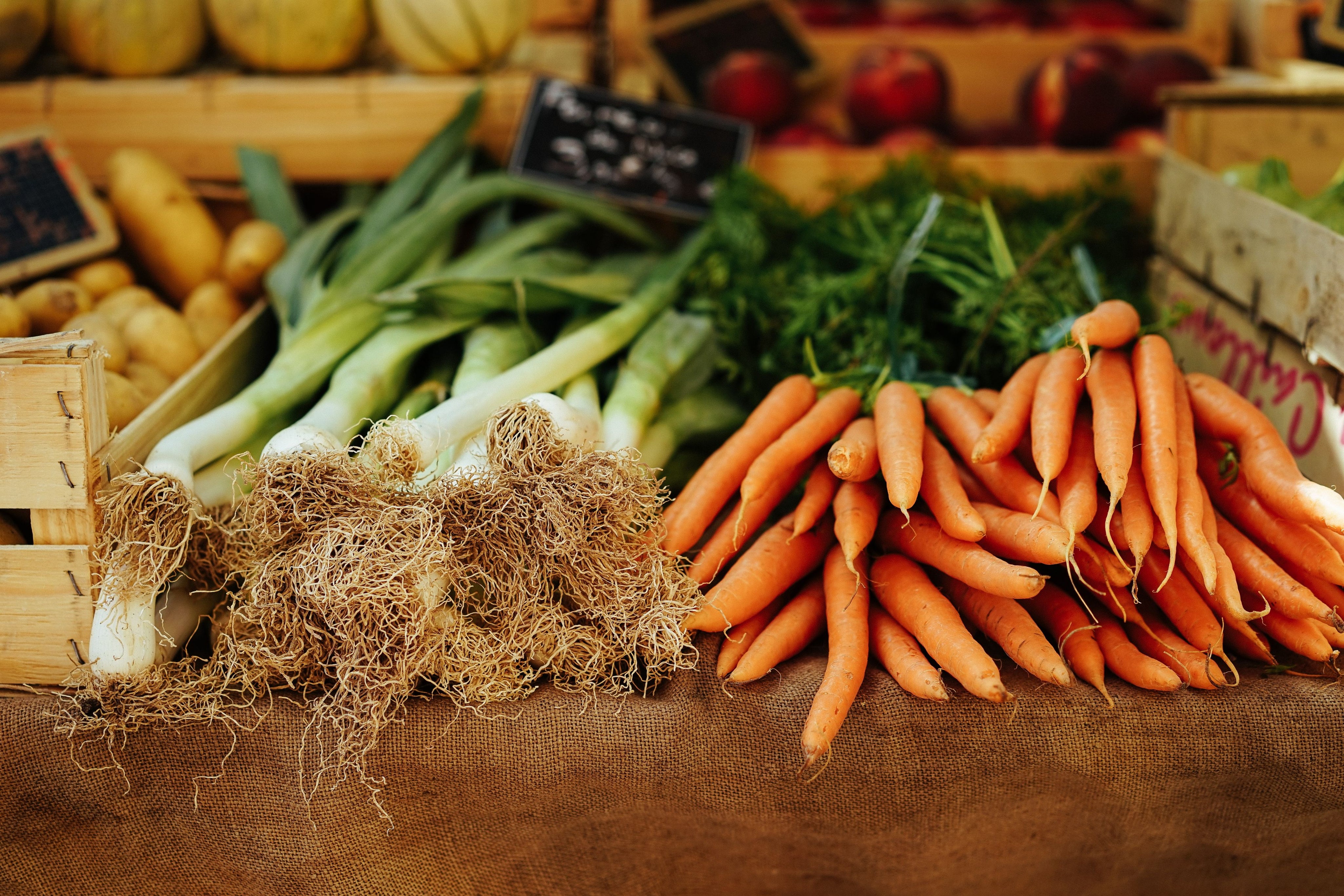Package-Free Fridge Tips

Signing up to Plastic Free July is one thing, but knowing how you’ll do it, is another. If you’re a plastic free newbie, or have already begun your plastic free journey, this fridge guide will be your best friend when working out how to survive July by eating more than just the grass on your lawn.
-
Fruit and Vegetables
Let’s start with the easy stuff! Fruit and vegetables are common foods to find without plastic. Bonus that they’re healthy as well! When shopping for fruit and veg plastic free at your local farmer’s market or supermarket, bring reusable vegetable bags. This will avoid the awkward balancing act at the checkout when they’re weighed. Don’t worry, the bags are light and don’t cost extra.
If you cut your vegetables for a meal, and have excess left over, don’t waste them. Put the vegetables back in your vegetable bag, or store them in an airtight glass jar. Do this especially if you know you won’t use them for a few more days.
Keep your lettuce and other leafy greens wrapped in a damp tea towel for longevity, and to keep them crisp. Alternatively, store your herbs and leafy greens upright in a glass jar with a small amount of water in the bottom. Herbs, like parsley, can keep for several weeks in a glass jar on the counter top.

-
Dairy and Plant-based Dairy Products
-
Butter: find this at your local supermarket in a paper or foil wrapped bar. The lining can sometimes be plastic based but it is less to dispose of than a hard plastic container. Keep butter in the fridge, or store in a butter dish outside your fridge so it spreads easily.
- Plant Based Butter: Coconut Oil is a great plant-based alternative, can be used for high heat cooking and is packaged in glass. We use it on toast all the time!
- Yoghurt: buy dairy or coconut yoghurt in a glass jar, or make your own (there’s many recipes, but here’s a goodie). You can reuse the jar afterwards as well!
-
Milk: buy in a glass jar, here’s a NZ company selling in glass, or find a local farmer who has a refill station. Powdered milk can also be found at most bulk food stores.
- Plant Based Milk: These amazing nut milk concentrates from our pals at Vigour Vitality are absolutely unreal and zero waste if you reuse the bottle. Nut milks are also really easy to do yourself. We find Coconut the best as there’s no nut soaking required! Here’s a recipe for DIY nut milk.
- There's also plant-based milk powders from Stir. They use some foil packaging but it amounts to less than plastic bottles/tetrapaks and are available in supermarkets around NZ.
-
Cheese: you won’t find plastic free cheese at your supermarket, but farmer’s markets are your go-to. The stall holders are usually more than happy to put cheese in your own container. Some delis have this system too, but they are rare in New Zealand.
- Plant-based cheese is just emerging into the kiwi market and we are stoked about it! This company packages in cardboard with a waxed paper around their delicious plant-based cheese.

-
Meat Products
It’s getting easier and easier to buy meat plastic free. The plastic free movement is spreading! Butchers and even supermarkets are now willing to place meat cuts into your own containers.
Some butchers may ask that you bring your containers one day, and come back to collect them the next. This is simply because they may pack all their meat in plastic, and need to wait for a time when they can slice more meat to place in your container.
-
Nuts and Dry Goods
Nuts are best stored in a small canvas bag like this. They’ll stay crunchy in the fridge, but storing them in a jar in the pantry does the trick too.
You’ll find a huge range of nuts, flours and dry staples at your local bulk bin store (e.g. Bin Inn, Commonsense, GoodFor). Air tight reusable containers (preferably filled directly at the store!) are best. See our Bulk Food Shopping Guide for details on how to get started.

-
Baking and bread
Bread (from the bakery, placed straight in your reusable bag) can be slipped into a cotton bread bag and kept in the fridge or pantry. A cotton pillow case can work well too!
Sandwiches and individual baking items, are best in a beeswax wrap or reusable container that can be quickly grabbed from the fridge when you’re on the go. Plastic wrap has been replaced in thousands of households across the globe, by fabric that has been set with beeswax. Adding beeswax means the fabric is mouldable, sticks together to seal, and keeps the food super fresh.

See, you won’t be eating grass from your lawn at all...Plastic Free July is simple when you prepare for it. Your fridge will be looking gloriously package free in no time!
Related Posts:
- Tags: Advanced Eco Tips
2 comments
-
Christine on
Great, easy tips thankyou


Thanks for this! I just wrote a list of our weekly grocery shop and divided it into: Fruit and Veg; Dairy and Meat; Dry goods so that I could come up with a plan for plastic free for each category! This is soo helpful!